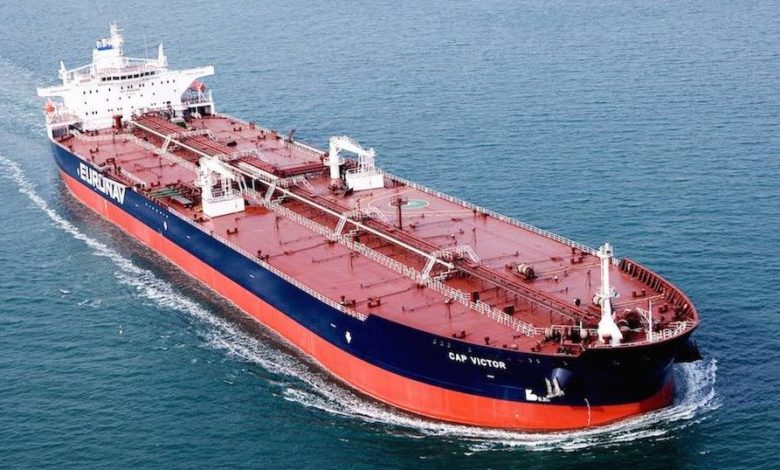
With red ink now seeping onto its books Euronav has braced investors for the likelihood of no dividends coming up as the tanker sector heads through the doldrums. The Belgian tanker giant suffered a $24.24m net loss in the second quarter as a flood of newbuilds poured out of Asian yards further damaging the weak supply/demand tanker picture.
“In the near future the tanker freight market may indeed be more challenging than in the last ten quarters and as a result the Company may not generate semi-annual positive results. As a consequence, under the current return to shareholders policy, the Company may not distribute significant interim or final dividends, or any dividends at all,” Euronav warned in a release.
The company’s CEO Paddy Rodgers said that the key challenge for the tanker market is the concentration of deliveries of newbuildings in both the VLCC and suezmax sectors over the next 18 months which is putting pressure on the freight rate market. He urged fellow owners to hold off from ordering new ships and to mull scrapping some of their older vessels.
“If the illness is low freight rates then the cure is low freight rates as that should drive scrapping activity,” Rodgers said, adding: “Until this inflection point is reached, Euronav retains substantial balance sheet capacity and fixed income visibility to navigate through such a period of lower freight rates and/or to take advantage of expansion opportunities. The duration of the challenging freight rate environment will be entirely dependent on the number of additional orders to build new ships that are not needed by the market.”
The delivery schedule of the current global tanker orderbook is likely to continue to pressure the freight market downward with 28 VLCCs and 23 suezmaxes due for delivery in the second half of 2017.
Euronav said it believes that the sector is now entering a new phase of the cycle with stabilised prices for modern assets but uncertainty over, and pressure upon, freight rates.
“Euronav is well positioned to navigate the next stage of the tanker cycle – to be strategically opportunistic whilst remaining exposed to any potential upside from an improved freight rate environment,” the company concluded.

Scrapping older ships which can still trade profitably if well maintained is not the solution for the tanker markets. The newbuildings have a much greater capital cost but less maintenance in the first 5 years and will not show a profit until the spot markets recover which could be a long time. Newbuildings for the Saudis and Iranians will take up a lot of market share and the outlook for increased demand for oil is not good. Too many ships and more to come not good either.